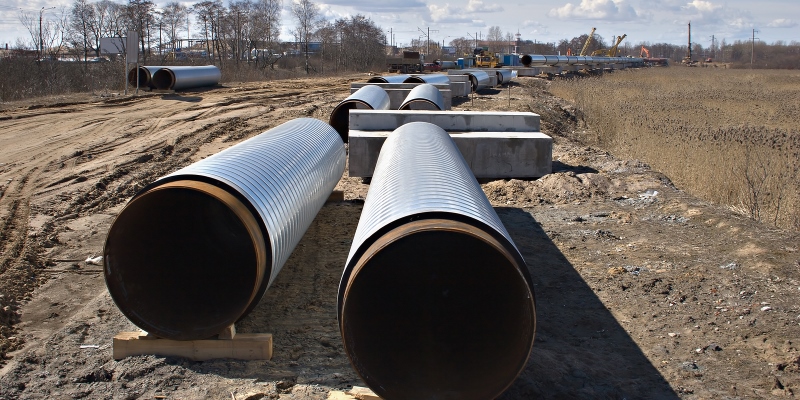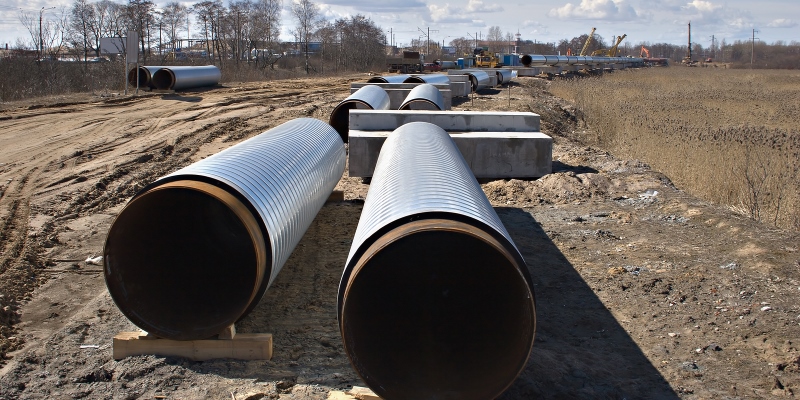The U.S. State Department found that Keystone XL would produce fewer greenhouse gas emissions than oil-by-rail to the Gulf of Mexico.
Keystone XL
Capital investment in Canada’s oil and natural gas in 2017 was down 44 per cent from 2014.
Some of Trump’s pledges could increase the competitiveness gap between the U.S. and Canada, particularly on taxes.
Governments and their regulatory processes are legitimate and embody the rule of law in Canada.
The president-elect's position on the Keystone XL pipeline may be problematic.
Trump will likely approve the Keystone XL pipeline—a positive development for the Canadian energy industry.
If safety is really the number one concern, then the best option is to just build pipelines rather than tinker with regulations governing the oil by rail industry.
Debates over oil pipelines seem to be never-ending. The quintessential example being that of the Keystone XL pipeline, which has languished in regulatory limbo for more than 2,500 days.
Four recent oil-train derailments—two in the United States and two in Canada accompanied by yet another drive-by rhetorical smear of the Keystone XL pipeline by U.S. President Barack Obama—have re-invigorated the debate over how Canadians and Americans transport oil.
The Obama administration has been punting a decision on the Keystone XL pipeline for five years now, and theres no sign the presidents kicking leg is getting tired.


